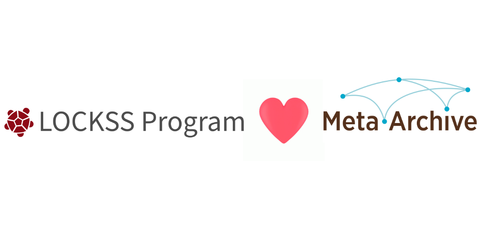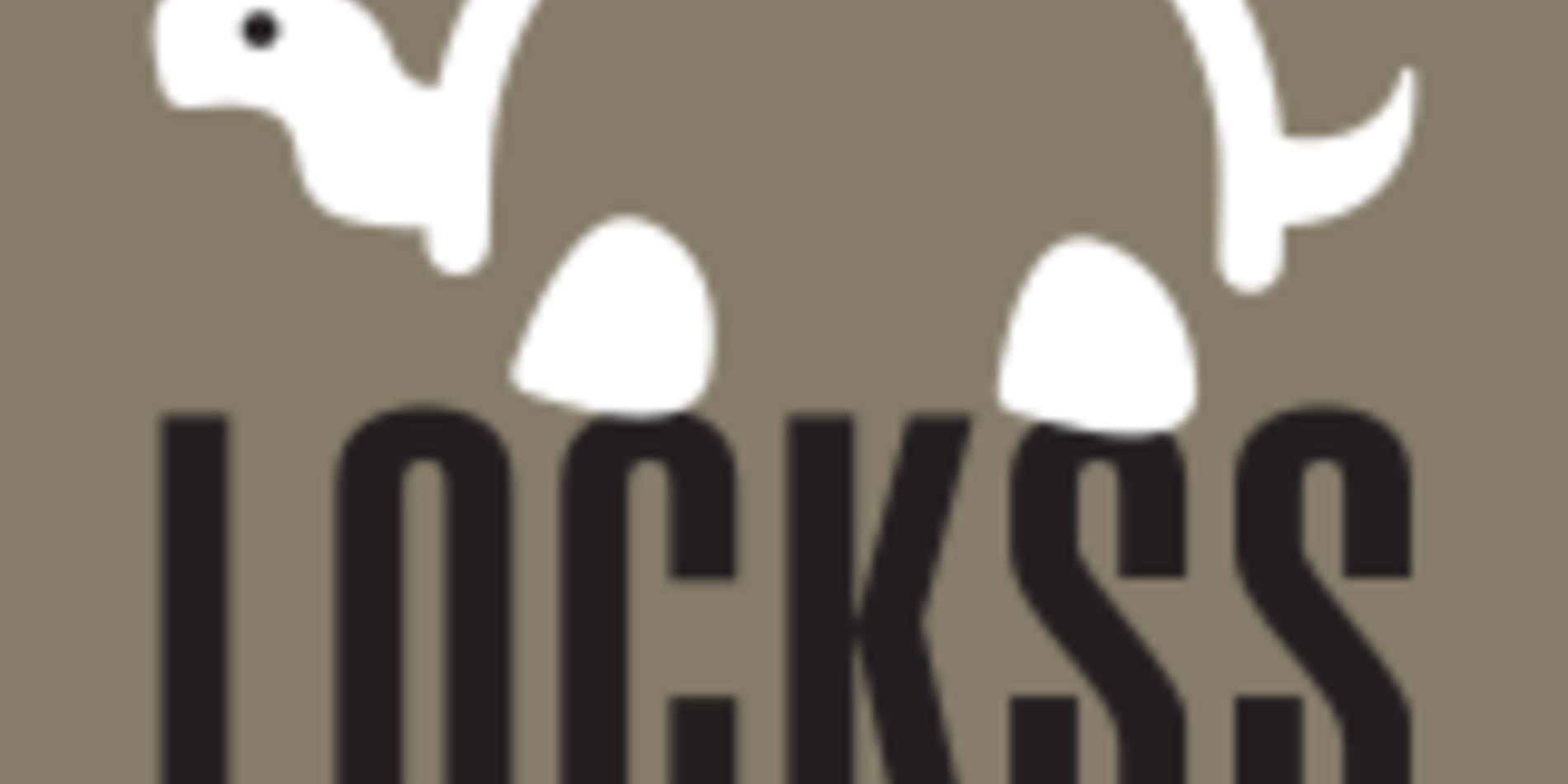
There’s big news in the LOCKSS user community: On April 15, the MetaArchive Cooperative announced that Educopia is ending their long-standing sponsorship arrangement. MetaArchive preserves the unique digital assets of memory institutions and research libraries from three countries and nearly a dozen U.S. states; it is also the longest-running private LOCKSS network (PLN), having just passed the twenty-year mark since its founding in 2004.
Fortunately for members of the Cooperative, the answer to the question “will our data be safe while we figure out our next steps?” is a resounding YES. Although MetaArchive and Educopia are working toward a clear end date for their administrative relationship, this won’t constitute a “move it or lose it” deadline for members of the Cooperative to make new arrangements or migrate their data elsewhere. The nodes in the MetaArchive network will continue to run as they have for the last two decades, communicating with one another to check and repair the members’ preserved content. Instead of receiving a data eviction notice from an external service provider, MetaArchive Cooperative members will have ample lead time to research their options, and they can rely on the community-based network to sustain their data as they explore possibilities for new LOCKSS networks or hosting solutions.
The LOCKSS Program team is working closely with Educopia and MetaArchive to map out the full range of options available to Cooperative members. This array includes replacing Educopia with a new host organization for the network; merging the MetaArchive PLN with another PLN; facilitating the adoption of individual MetaArchive member institutions by other PLNs; and/or creating new PLNs that will serve regional or content-based preservation needs. A review of the LOCKSS user landscape, for instance, suggests significant potential for building new preservation partnerships at the state or regional level, following the excellent models of ADPNet and the Michigan Digital Preservation Network. The content preserved by several MetaArchive members also mirrors the type of content preserved in sister networks such as SAFE PLN, suggesting that new networks of affinity can serve those who are preserving electronic theses and dissertations or digital special collections. These are all exciting possibilities, and they represent just some of the ways in which MetaArchive’s longevity and the accumulated knowledge and experience of its members will continue to benefit other LOCKSS users and digital preservation practitioners as the network evolves.
As well as a case study in resilience, and a groundbreaking example of distributed digital preservation, MetaArchive has consistently stood out among PLNs with its strong emphasis on creating a collaborative and mutually supportive community of practice. Rachel Howard, University of Louisville’s Digital Initiatives Librarian, notes “There are other ways to get digital preservation done, but we wanted to do it in community. The initial MetaArchive grants enabled us to participate in digital preservation earlier than our institutional resources would have otherwise allowed, giving us a chance to lead in our region and among peer institutions. Participating in MetaArchive has also been a major contribution to our service work as faculty librarians.”
The global community of LOCKSS users has, in turn, expressed strong support for their colleagues in MetaArchive, and discussions are already underway with networks that might welcome current MetaArchive members. We anticipate that the transformation of MetaArchive will ultimately stand as a positive case study in preservation practice – as well as confirmation of the maxim that in digital preservation, the only constant is change!

